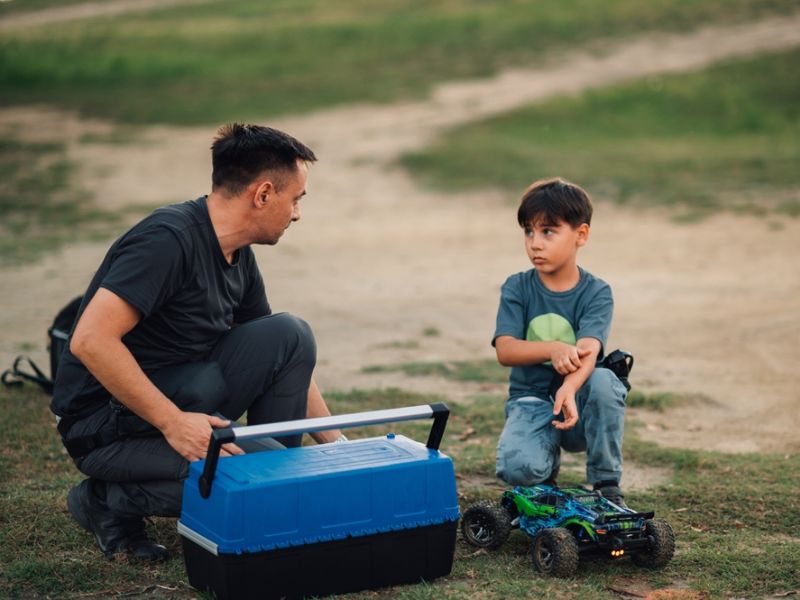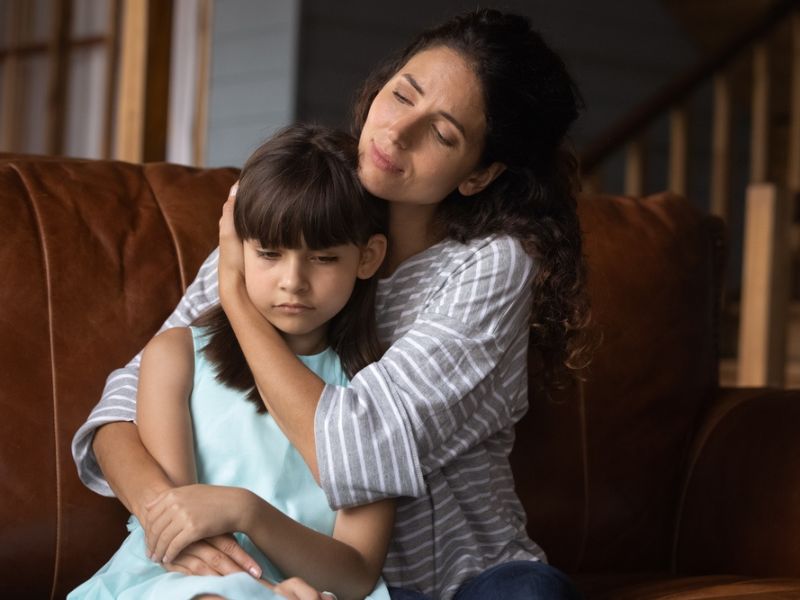All of us have been guilty tripped by our parents, relatives, teachers, etc. The fact that emotion can lead to a change in behavior does not mean that it is always a good thing, especially for children.
It isn’t entirely wrong, either. When kids behave in a way that negatively impacts others or violates their values, they start to feel guilty. Laura Linn Knight, the parenting educator, said, “Guilt may work at the moment to stop a behavior, but the long-term effects on a child’s emotions are not helpful or healthy.”

Image Credit: Shutterstock/Zamrznuti tonovi
The role of parents is essential. It is possible to make your kids feel guilty even if you don’t intend to guilt-trip them. Experts explain some parenting approaches that instill guilt in HuffPost.
If They Make A Mistake, Pile On
Sinclair-McBride said, “It’s important to separate the kid from the action,” Sinclair-McBride said. Get your kids to solve problems instead of making emotionally charged comments. Embrace mistakes; don’t shame them. It frustrates you when your kid does something.”
Making Them Feel Responsible
Sinclair-McBride said, “Kids are by nature self-centered because it’s developmentally appropriate for them to be. It means they can take on guilt regarding things they aren’t responsible for. A child may feel guilty if they notice that a parent is upset because they are susceptible to moods and behaviors. The doctor suggested showing younger children they are loved by giving them hugs and other affectionate gestures.

Image Credit: Shutterstock/fizkes
Your Kids Are Watching You Fight
Children may see disagreements between parents as their fault because they are naturally selfish. It’s best if you don’t lose your temper in front of your children. Planning a child’s birthday party can be expensive, which may lead parents to disagree and make their child feel responsible for the problem. When dealing with these situations, he advised getting on the same page with your child. Explain your differences calmly and affirm their desires.
Making Them Aware Of Your Goals
Do not get carried away with your dreams and goals. Parents often enroll their kids in activities they wish they had gotten to excel at as children. If your child wants to take cello lessons or ice hockey practice, evaluate whether it’s enhancing their life. Otherwise, you may make your child feel like they’re doing something wrong.